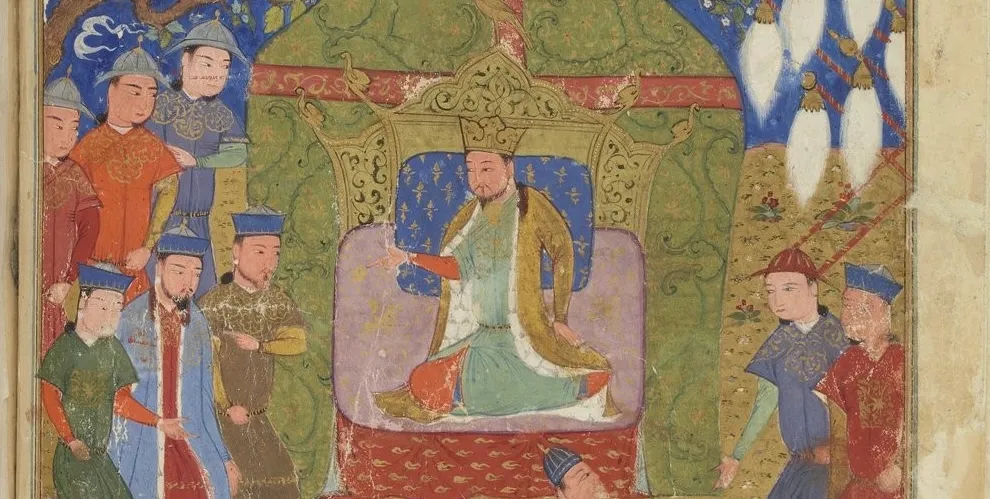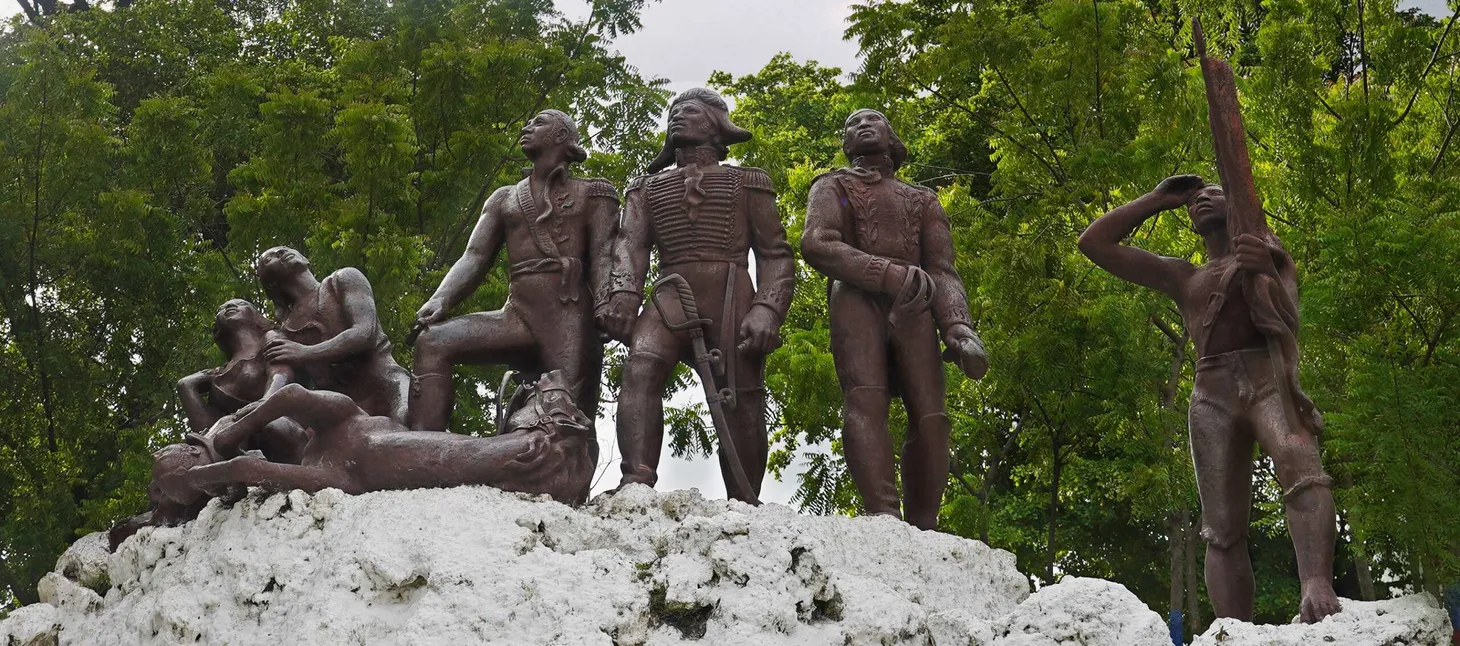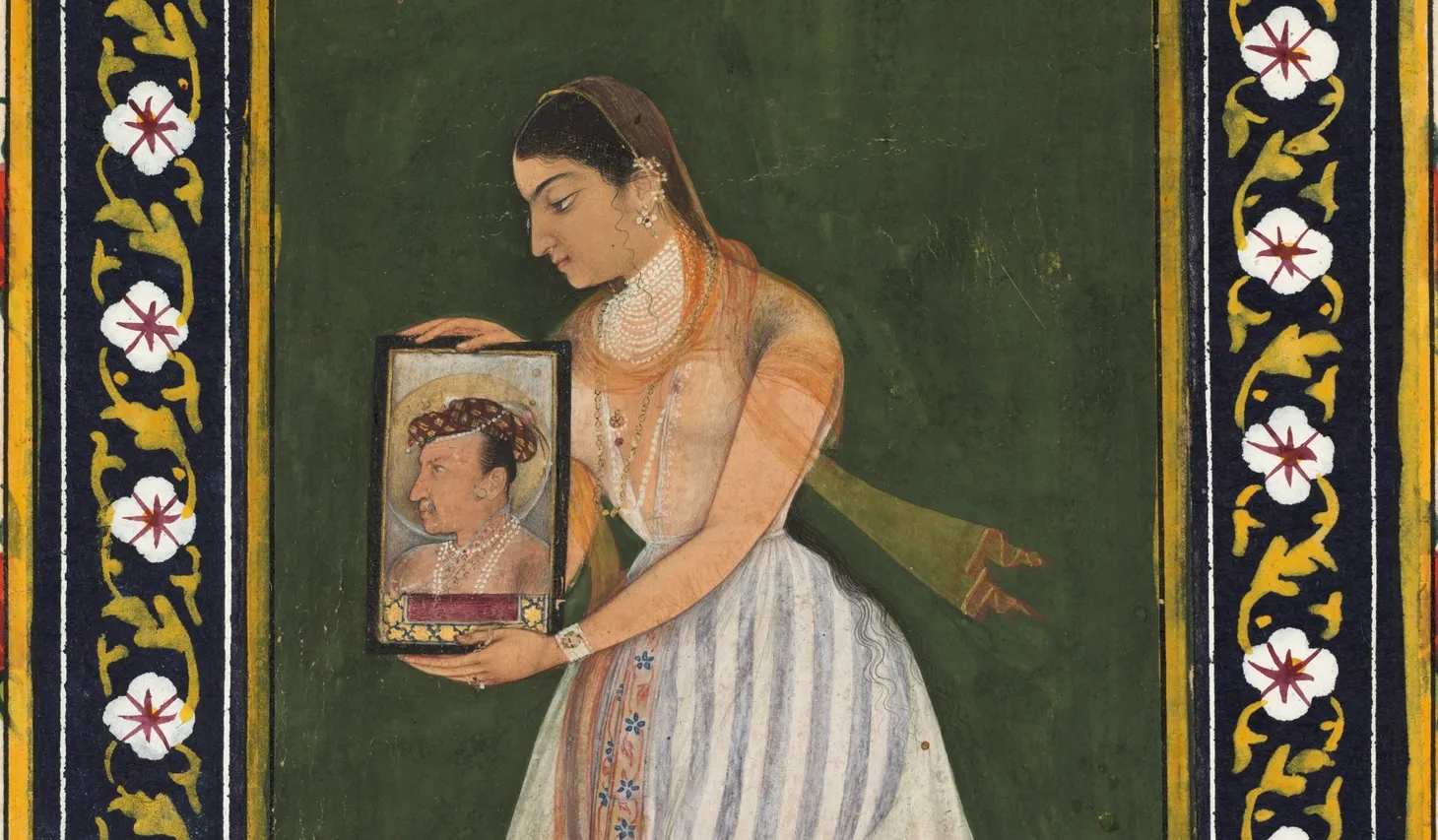“If there were no buyers there would be no sellers”: Teaching the Transatlantic Slave System, c.1450 - c.1850
A discussion of how world history teachers can teach the transatlantic slave system in a way that centers Black African voices.

Having recently moved to Charleston, South Carolina, I regularly notice the large sign along I-26 that prominently reads “BLACK LIVES STILL MATTER.” Folks involved with the Spoleto festival first put up the sign in June 2020 (I’m not sure when the “STILL” was added). I keep happily thinking about how thousands of people see this sign every day. The sign is also a commentary on the sad reality that we still need to force White people to confront the reality of racism in this country and to understand the history of slavery and the slave trade.
In many ways, my mixed feelings about the sign mirror my mixed feelings about the teaching of the transatlantic slave system. Even after so many years of teaching the topic, I still feel I could improve how I teach the material to high school students. When I began teaching about the slave trade, I relied more heavily on the textbook and understanding White European motives and methods. Over time, my teaching gradually shifted to less focus on textbooks and more engagement with primary sources (especially those highlighting Africans’ perspectives). I also have increasingly focused on highlighting the systematic ways in which the transatlantic slave trade has shaped the modern world for all people.
Language Matters
Whenever I begin teaching slavery in my courses, I always spend the beginning of that first class discussing language with my students. I find that it helps them understand the choices I’m making about how I teach this topic. On that note, I want to mention briefly two important points about language. I am following the recommendations suggested in the helpful “Writing about Slavery/Teaching About Slavery.” I share with students that I grew up hearing and using different language related to slavery. I ask students to consider why we would use terms such as “enslaved African” or “enslaver” rather than “slave” or “master.” As they unpack how the use of certain terms gives people more or less agency, they begin to understand that the “history” of slavery is a story, and there is more than one way to tell that story.
I am choosing to capitalize both “Black” and “White” since I increasingly see both identities as being historically constructed. As a White, cis-gendered male, I want to help students feel comfortable normalizing this language and understanding how Whiteness is not simply the default way of being. Capitalizing White helps remind White students that their identity has also been historically constructed.
I have also increasingly used the phrase “transatlantic slave system” rather than the “transatlantic slave trade” or the “African slave trade.” Using the term “trade” can sometimes make it difficult for teachers and students to see the many ways in which transatlantic slaving extended far beyond the simple economic exchange. Professor Kwasi Konadu discusses this issue in his chapter “Naming and Framing a Crime Against Humanity: African Voices of the Transatlantic Slave System, ca. 1500-1900” in African Voices of the Global Past. He argues that using the transatlantic slave system allows him “to emphasize the systemic reach of transatlantic slaving, which extended well beyond commerce, encompassing the culture and ecology of African communities as well.” (2-3). I will often pose the question of using this phrasing to my students after a few days and show them some of the alternative names historians have used to talk about this period of history. In highlighting the ways historians make choices about wording and terms, it helps to remind them about how histories are constructed and their own ability to start telling their own stories about the past.



